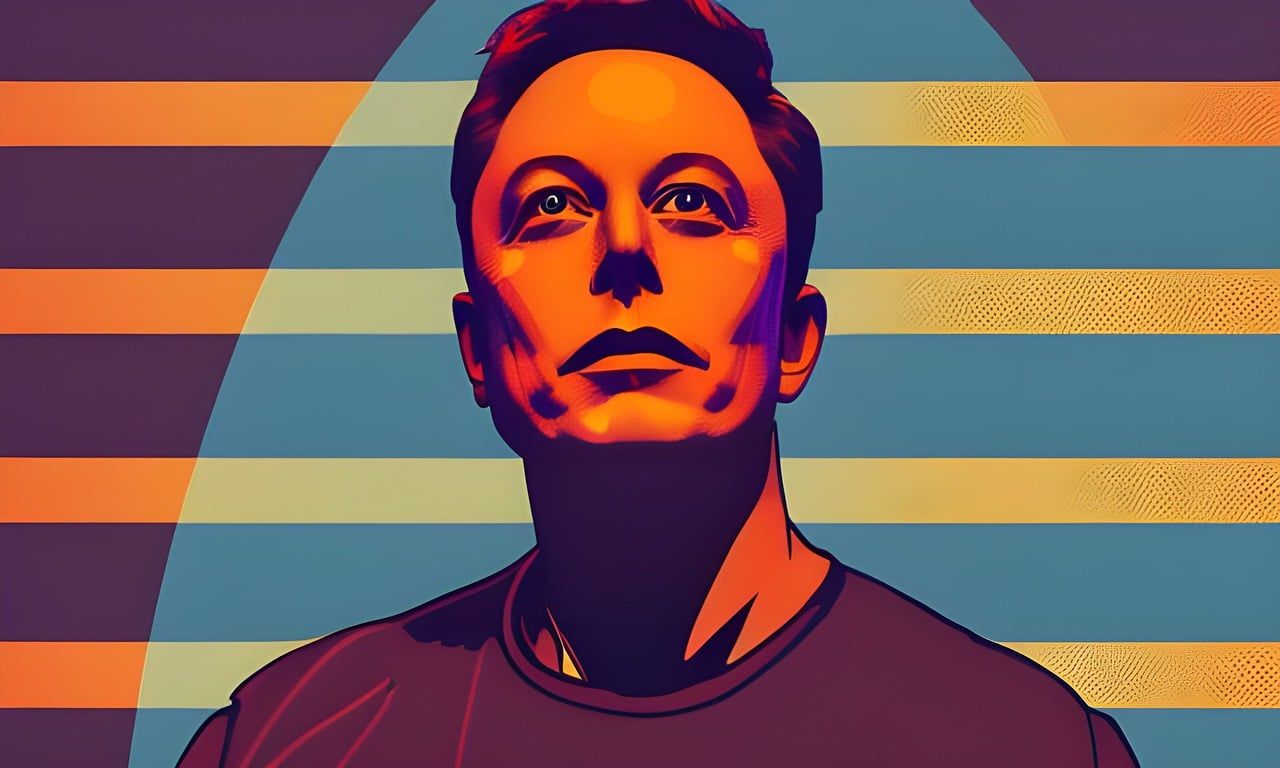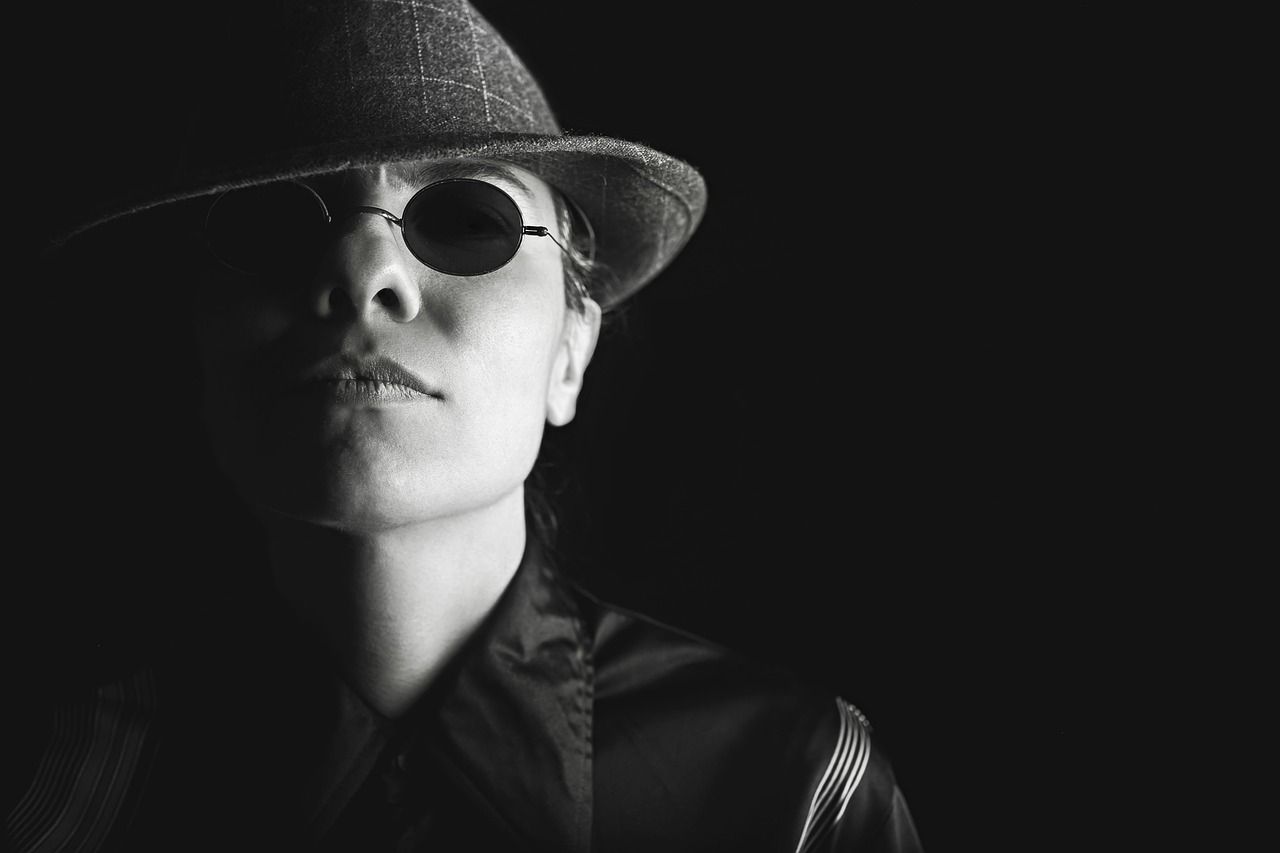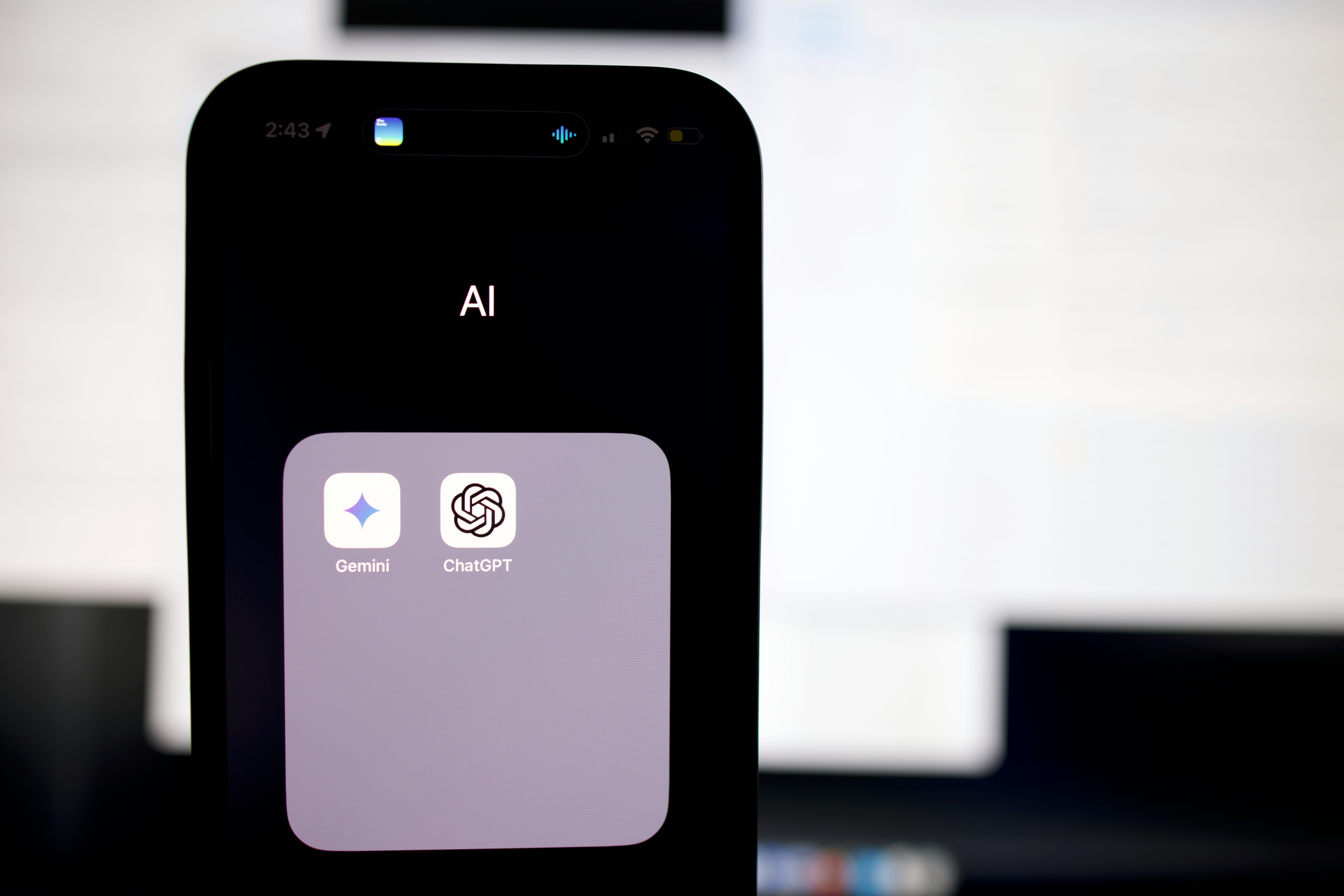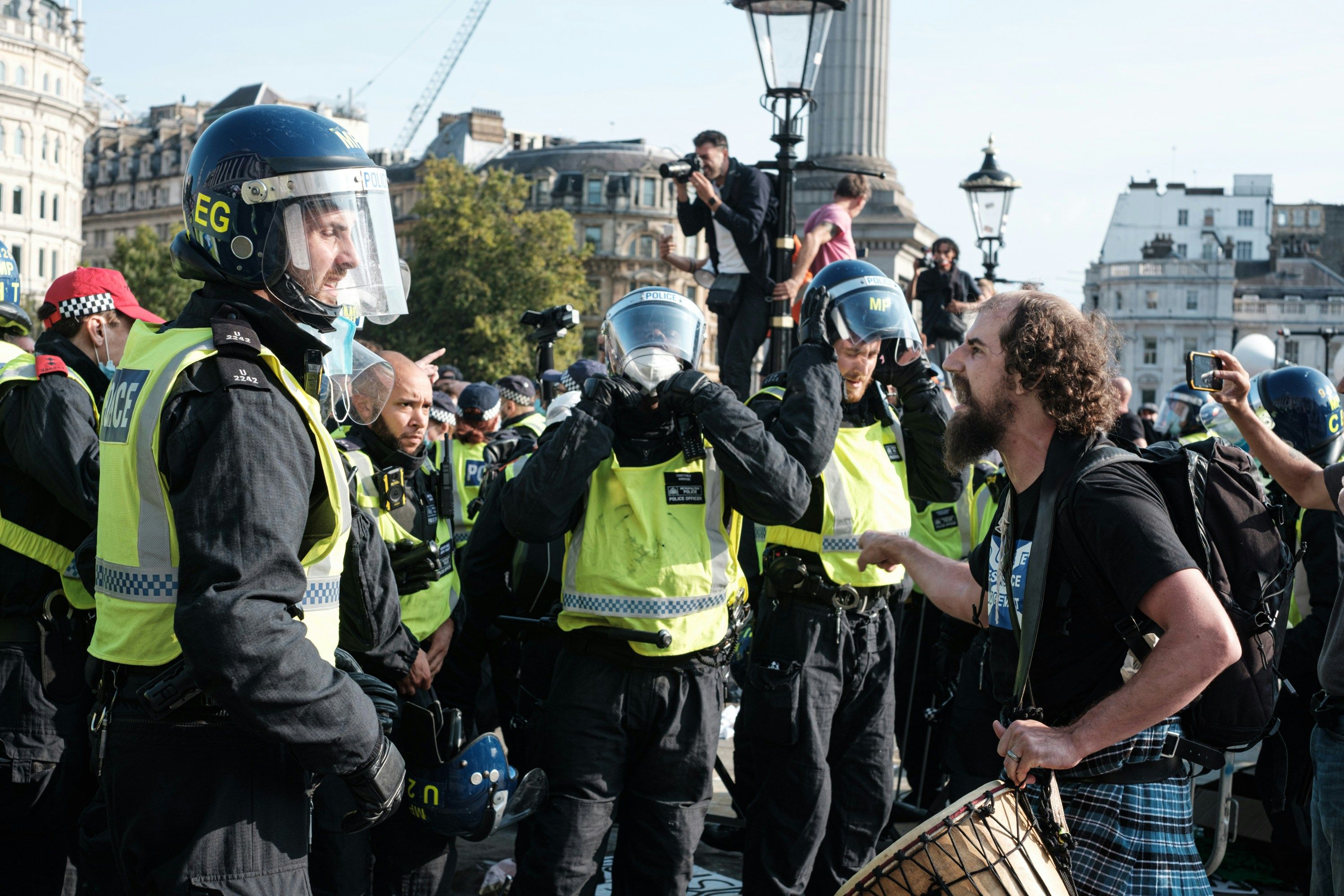Elon Musk, the visionary entrepreneur behind companies like Tesla and SpaceX, has initiated a legal battle against OpenAI, an artificial intelligence research lab he co-founded, along with its CEO, Sam Altman. This lawsuit marks a significant escalation in what appears to be a deepening rift between Musk and the organization he helped to establish with the goal of ensuring the safe development of AI technology. The crux of the matter involves allegations of mission breach, asserting that OpenAI has strayed far from its original ethos and objectives. This development raises numerous questions about the future of AI research, ethical considerations in tech advancements, and the legal implications of such a high-profile dispute.
Background of the Case

OpenAI and its mission
OpenAI, founded in December 2015 by Elon Musk, Sam Altman, and others, emerged with a mission deeply rooted in the belief that artificial intelligence should be developed openly and in a manner that benefits all of humanity. With the ultimate goal of ensuring that AI technology could be safely and equitably accessed, OpenAI pledged to focus on creating and promoting friendly AI to address global challenges. This ambitious endeavor was grounded in principles of transparency, security, and collaboration, seeking to steer the course of AI development towards outcomes that could universally benefit mankind.
Elon Musk's involvement with OpenAI and Sam Altman's role
Elon Musk’s involvement with OpenAI initially positioned him as a co-founder and a significant figure in shaping the lab’s direction and ethos. His vision for AI as a force for good aligned with OpenAI’s stated mission, fostering a collaborative environment geared towards innovative solutions to complex problems. Sam Altman, another tech entrepreneur known for his role at Y Combinator, eventually took on a more prominent position as the CEO of OpenAI, guiding the organization through its evolving strategies and endeavors. While Musk remained an influential figure, his active participation changed over time, leading to a divergent path between his perspectives and the organization’s trajectory.
The Alleged Breach
According to Elon Musk, the lawsuit centers around what he perceives as a deviation from OpenAI’s original mission. Musk alleges that OpenAI, under the leadership of Sam Altman, has strayed from its commitments to openness, transparency, and the equitable dissemination of AI benefits. Musk's concern purportedly revolves around decisions and strategies that he believes prioritize commercial success over the unbiased development of AI technologies intended to serve the broader interests of humanity. Details of the alleged breaches have not been fully disclosed, but the crux of Musk’s argument appears to focus on the shift from OpenAI’s nonprofit roots towards a more profit-driven model, something he asserts undermines the lab's foundational mission.
In response to the lawsuit, both OpenAI and Sam Altman have been relatively measured, emphasizing their commitment to the ethical development and deployment of artificial intelligence. While details of their defense against Musk’s allegations remain confidential, public statements have underscored a continued dedication to navigating the complexities of AI research in ways that align with the lab's core mission. They argue that the evolving nature of AI technology necessitates adjustments in strategy and operations to ensure that the original goals of safety, security, and broad human benefit remain at the forefront of their efforts. This response reflects a nuanced understanding of the tension between foundational principles and the practical realities of leading edge AI development.
The lawsuit, filed in a federal court, accuses OpenAI and Altman of deviating from the organization’s original non-profit mission, which was fundamentally focused on ensuring artificial intelligence benefits humanity as a whole. Musk, who was one of the co-founders and initial funders of OpenAI, argues that the company's shift towards prioritizing profit over its founding ethos constitutes a breach of their initial agreement and the organization's foundational principles.
If the court rules in Musk's favor, OpenAI could be mandated to realign its operations with its original non-profit mission, possibly affecting its current and future projects, funding, and strategic direction. It might also lead to financial penalties or require changes in leadership or governance structures. For Sam Altman, personally, a ruling against him could impact his reputation and standing within the tech community, and possibly affect his ability to engage in future ventures or hold leadership positions within the tech sector.
The legal grounds of the lawsuit hinge primarily on the initial charter and agreement under which OpenAI was founded. This includes examining the extent to which OpenAI's activities and business model have diverged from its non-profit mission and whether such a divergence constitutes a breach of agreement. Legal experts are closely watching how the court interprets these agreements and whether Musk's contributions and involvement in the early stages grant him the standing to mandate how OpenAI operates. This case could set a precedent for how changes in business models and missions of similar organizations are handled legally.
Impact on the Tech Industry
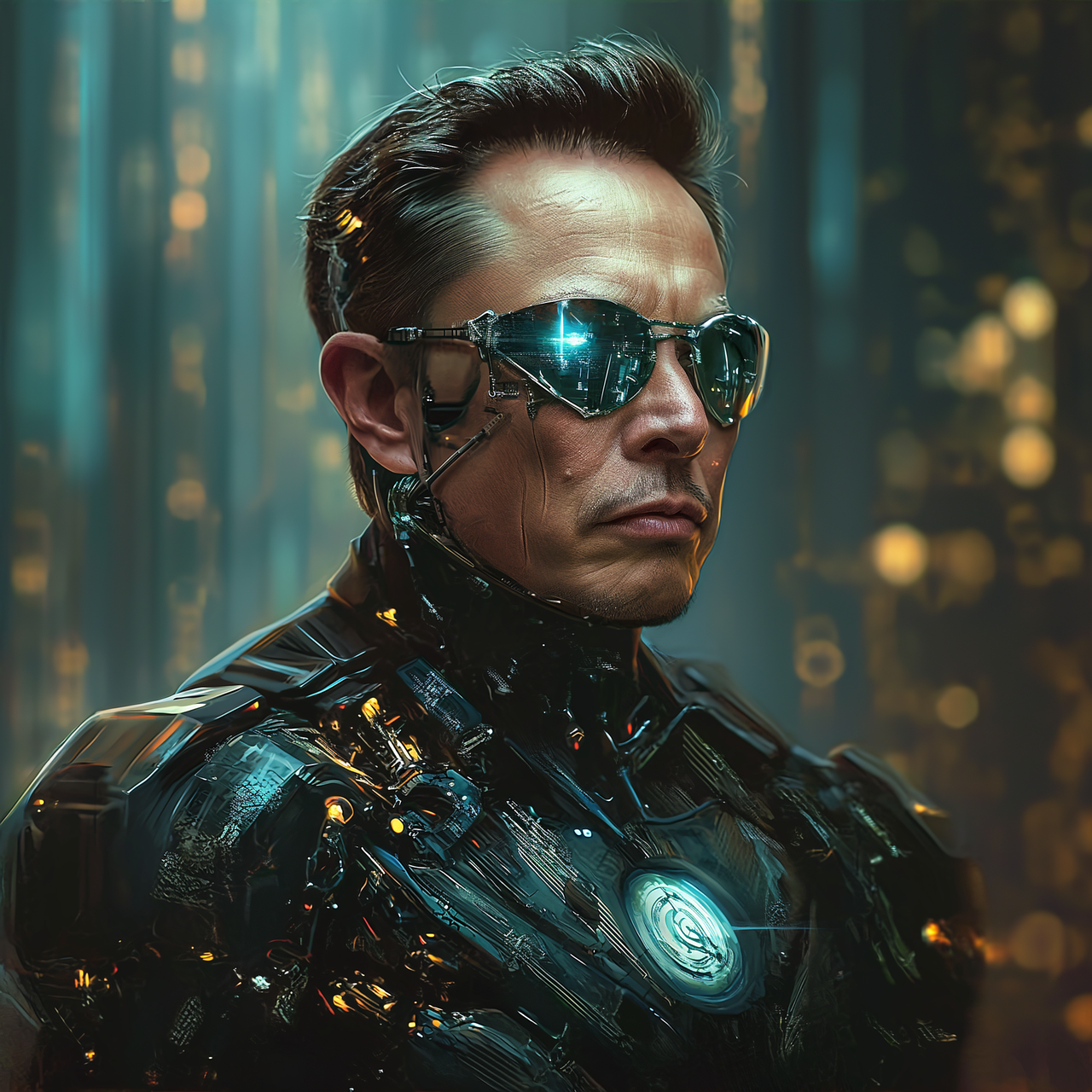
Repercussions on collaborations in the tech sector
The lawsuit and its fallout are likely to have broader implications for collaborations within the tech industry, especially those involving partnerships between individuals and entities with differing visions. This case underscores the importance of clear agreements and shared visions in collaborative ventures. Moreover, it highlights the potential for conflict when profit motives intersect with non-profit or altruistic missions. Organizations within the tech sector might become more wary of entering into partnerships without stringent legal agreements detailing the mission, vision, and future pathways for evolving business models.
Speculations on the future of OpenAI and its partnerships
The legal battle has sparked widespread speculation about the future of OpenAI and its ability to maintain existing partnerships and forge new ones. Should the court decision significantly alter OpenAI's operational or business strategies, it could affect the company's appeal to current and potential partners, especially those aligned with its original non-profit vision. Conversely, a decision in OpenAI's favor could embolden the organization to pursue more commercial activities and partnerships, potentially leading to accelerated growth and innovation in AI technologies. However, this might also alienate part of the AI research community and the public, concerned about the ethical implications of AI becoming primarily profit-driven.

